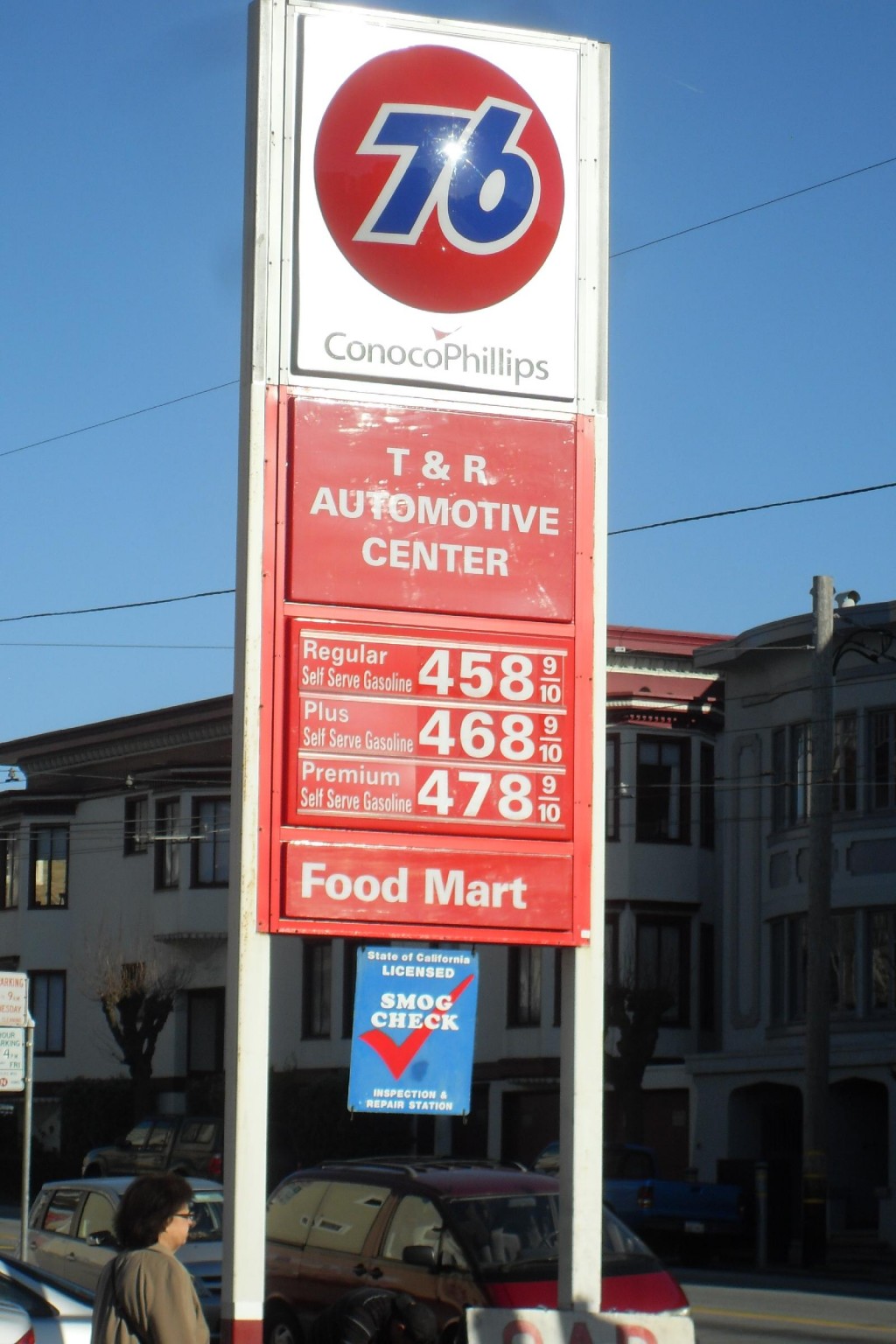Fuel efficiency is making news headlines lately, with new-car sales achieving record high fuel-economy numbers in the U.S. (and in the U.K. as well).
But a survey of car buyers last month by industry analyst AutoPacific seems to contradict the idea that high gas prices are leading buyers to change the cars they choose.
According to the company's Fuel Price Impact Survey, just 18 percent of buyers say they will change to a smaller type of vehicle due to high fuel costs--from a crossover to a sedan, for instance, or from a mid-size sedan to a compact.
Fully 76 percent plan to stick with their current vehicle type.
Not even at $10/gallon
And for 42 percent of buyers, even a gasoline price of $10 per gallon wouldn't be enough to get them to change the type of vehicle they intend to buy.
To accommodate rising fuel prices, families cut other types of discretionary purchases. Drivers also travel less--combining trips, for instance--and reduce their speed on the highway when they do drive.
This all goes to prove that car buyers have pretty firm ideas about the kind of vehicle they need and want, and it's very hard to persuade them otherwise.
But it also highlights a common fallacy: that high gas prices will cause a wholesale shift into smaller cars.

Gas prices, San Francisco, CA
Small cars coming slowly
While automakers like Ford point to data showing compact cars and crossovers as the largest market segments, those shifts are evolutionary.
And, to be fair, there's been quite a lot of bracket creep in recent years, meaning today's "compact" car might have been considered a mid-size car 10 or 15 years ago.
But U.S. car buyers want to have their cake and eat it too: Most car buyers expect new cars to offer better fuel economy, and models with sub-par EPA ratings for gas mileage get penalized in the market.
Rules to raise MPG
Which is why, in the end, the only practical way to improve the fuel economy of new cars is to legislate it--as the NHTSA and EPA jointly did for 2012-2016 models in 2009.
The next set of corporate average fuel economy rules, covering model years 2017 to 2025, are expected to be issued sometime later this year.
Most economists agree that higher gas taxes are actually a more efficient way to sort out the market, but despite support from industry executives, that idea is a non-starter politically.
Will higher gas prices lead you to choose a different kind of vehicle next time you buy?
Leave us your thoughts in the Comments below.
+++++++++++












